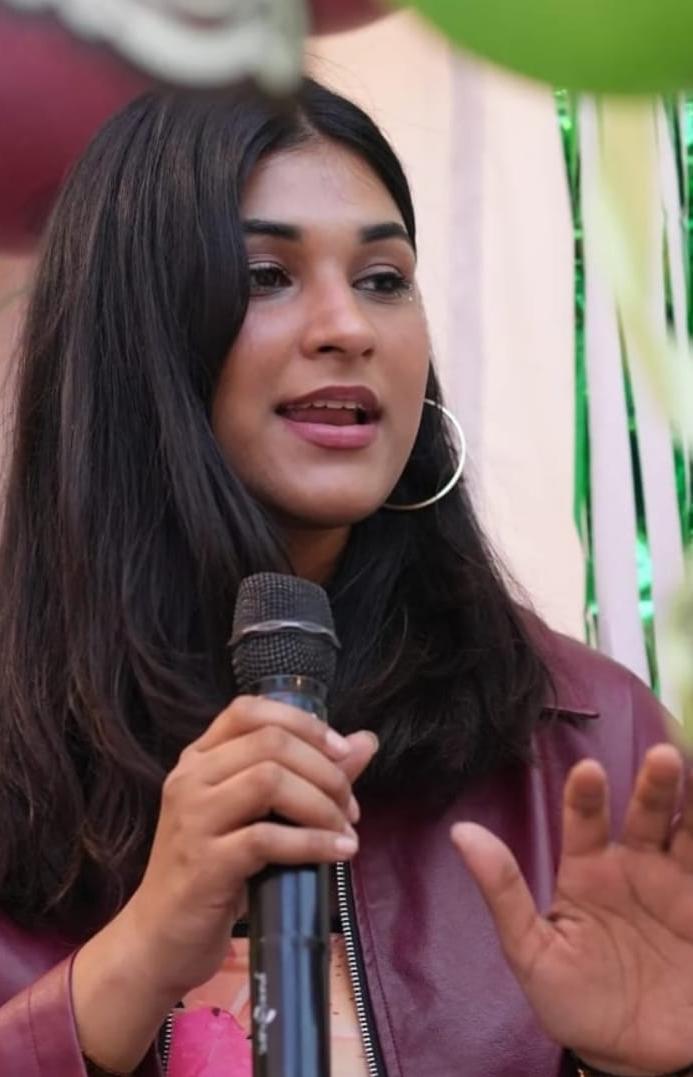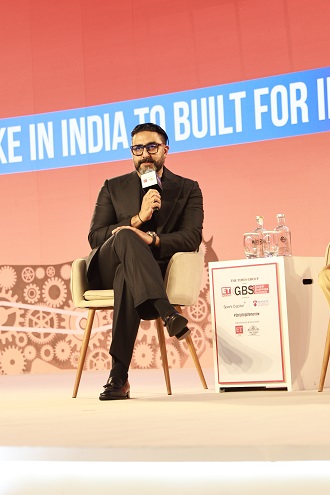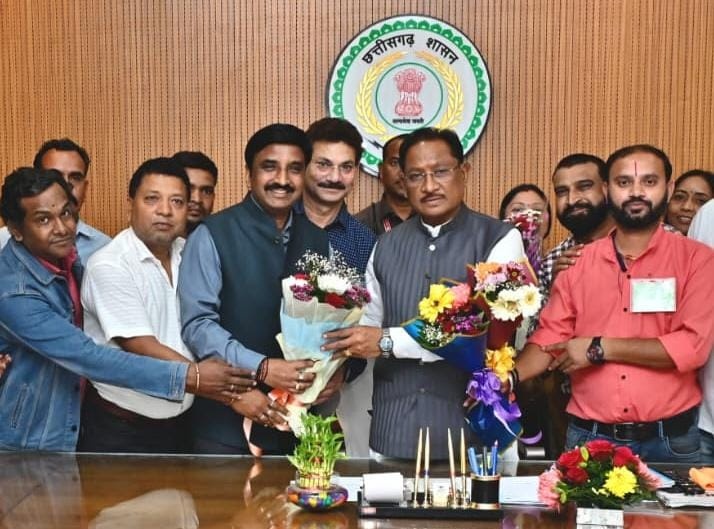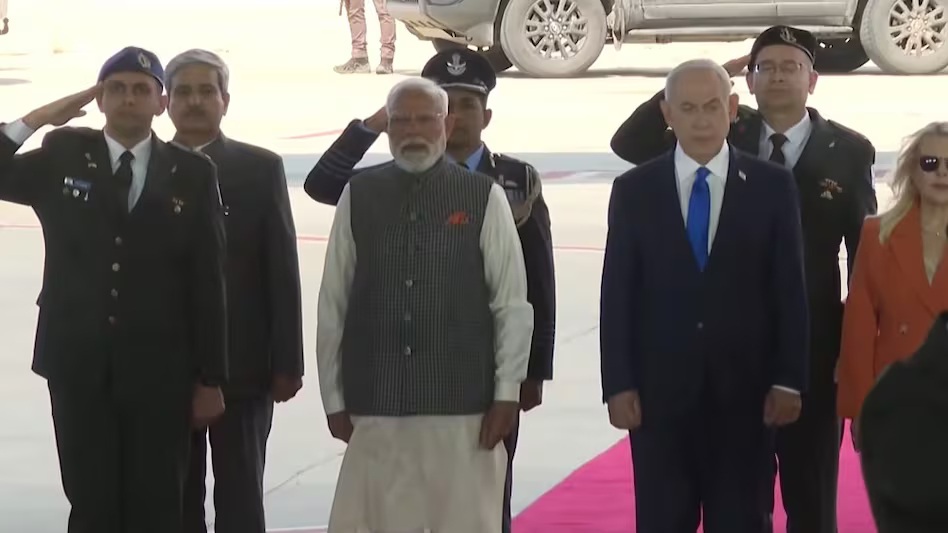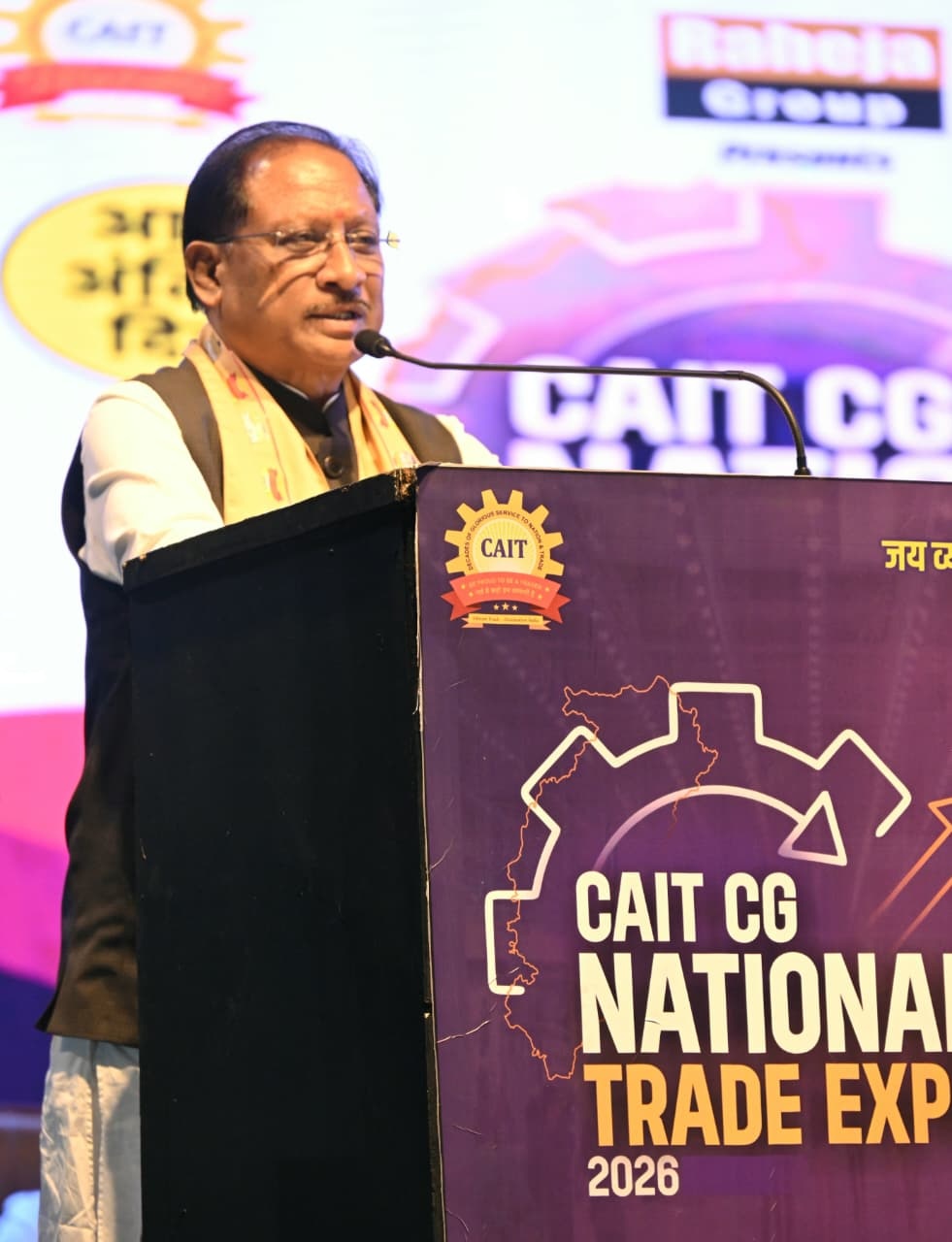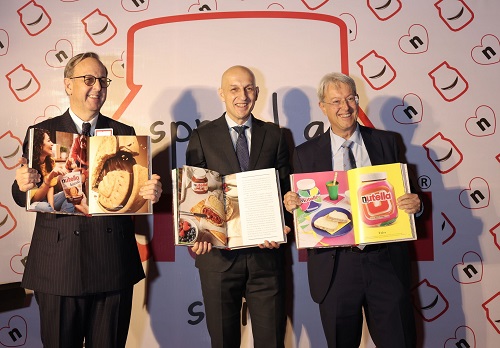

So given her job, I guess the honourable minister knew whereof she spoke. It’s not just patriarchy that’s holding women back. It’s, erm, the economy.
It’s funny that, as per her recent talk at a Bengaluru University, Nirmala Sitharaman thinks patriarchy is a Leftist concept because not that long ago the Left considered patriarchy a plot to undermine the class struggle
But well, Nirmalaji is not the Minister of History but of Finance. And she is right about one thing. Sonalde Desai wrote last week in the Indian Express, research has found that while women’s agency, education, age of marriage, capacity to negotiate within families, all have shown positive growth in the last decade, it is not so when it comes to jobs. Women interviewed during the India Human Development Survey by the National Council for Applied Research and the University of Maryland, said their families would not hold them back from working if jobs could be found. So given her job, I guess the honourable minister knew whereof she spoke. It’s not just patriarchy that’s holding women back. It’s, erm, the economy.
Nirmalaji agreed that women are not being “adequately facilitated” (yaniki patriarchy?), but warned us about what would happen if we bandied the P word (yaniki patriarchy) around too much: families would fall apart. Why families should fall apart if we discuss inequality or violence is a mystery—unless inequality and violence are some of the ghar ki baatein that are supposed to remain ghar mein. Said the minister, no woman can do anything without family “to fall back on”
Family need not be such a fall-back compulsion if the State actually provided good health care, pensions, subsidised education and employment—neither for the poor nor for women who must leave families because of violence. Preserving myths about happy families preserves patriarchy and absolves governments of social responsibility so we can all focus on making rich people richer. It also makes invisible both, the suffering of people, and the new paths they choose.
This question was at the heart of a video from an LGBTiQA conference in South Africa that went viral last week. As the lawyers Menaka Guruswamy and Arundhati Katju, celebrated for their involvement in the reading down of Section 377, delivered a keynote about solidarities and the marriage equality petition, queer indigenous activist Rituparna Borah asked a question. By taking centre stage as poster people of queer activism, did they not homogenise, even hijack, the variegated histories of queer activism—political, legal, cultural—that had led up to the acknowledgement of queer rights in India?
The demand for marriage equality, she said, did not represent the desires and needs of the entire queer community. Among the marriage equality petitions was also one—Rituparna Borah vs Union of India—that asked not for the right to marry, but the right to choose one’s own family or version of family, aka relational equality. The lawyer Vrinda Grover argued, trans and queer people have faced tremendous violence at the hands of their families, “and that is an example of what would happen if other social formations of care and support did not exist”.
What’s patriarchy, ya? It’s what enables so much violence, loneliness and hardship structure. Violence that is used to keep people within caste, religion, heterosexuality and gender lines. Sure, for some family is a warm, safe haven. But only those who benefit from the privilege families preserve can be so unkind as to suggest we should imagine nothing else.
Paromita Vohra is an award-winning Mumbai-based filmmaker, writer and curator working with fiction and non-fiction.
<script async src="https://pagead2.googlesyndication.com/pagead/js/adsbygoogle.js?client=ca-pub-1207462075697587"
crossorigin="anonymous"></script> ![]()

